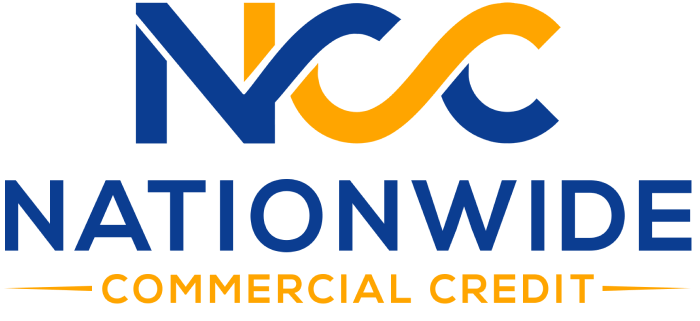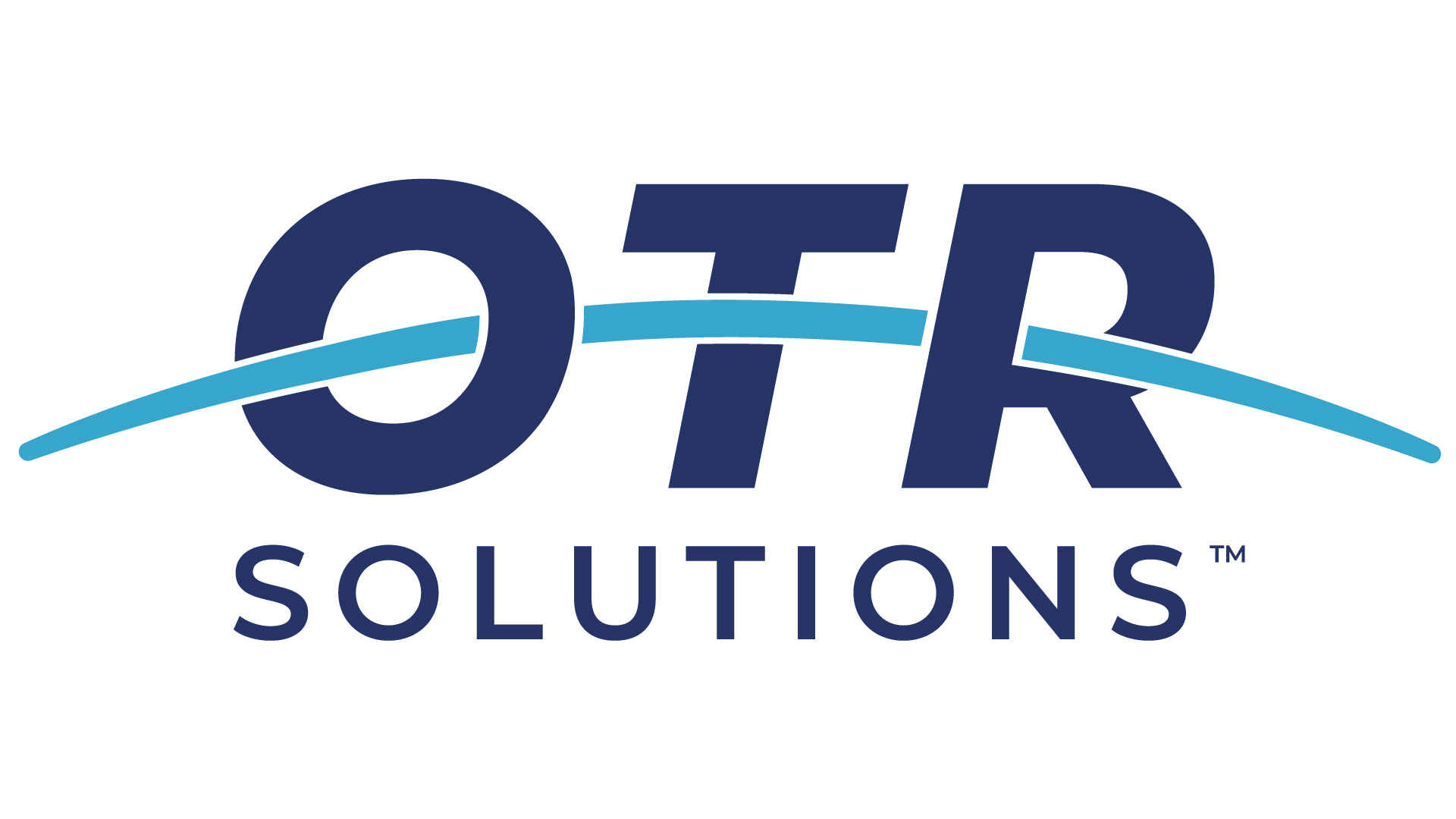If you’re a trucking business owner researching various financing options, chances are you’ve come across lenders offering factoring services. The topic may seem confusing. You’ve come to the right place to have all your questions answered.
This comprehensive guide will help you understand the world of freight factoring for truckers. We’ve curated a special selection of articles that cover everything, from the basics through the provider evaluation and selection process. Whether you’re new to factoring or just looking to expand your knowledge, you’ll want to bookmark this overview.
Quicklook: FreightWaves Ratings articles included in this guide
- What is invoice factoring?
- Invoice factoring vs bank loans
- Recourse vs non-recourse factoring
- Can invoice factoring improve your credit score?
- What is the cost of factoring?
- How a factoring agreement can help grow your business
- How to qualify for invoice factoring in 7 steps
- 8 top invoice factoring companies
What exactly is invoice factoring?
Cash flow is an essential part of any business. But sometimes you may have too many outstanding invoices and not enough money in the bank to pay your financial obligations. When that happens, you can turn to options outside of traditional financing agreements.
Invoice factoring is the process of selling outstanding invoices to an invoice factoring company for a small percentage of the receivables. You’ll get anywhere from 80% to 90% of the invoice value within 24 to 48 hours, which you can use to fund your business.
Read What is invoice factoring? to learn more about what invoice factoring is, how you can use it in your business and what to know before working with any companies.
Which is better: invoice factoring or bank loans?
Invoice factoring and bank loans are two different types of financing options that offer different benefits and drawbacks. Invoice factoring can provide immediate cash flow and flexible financing options, while bank loans can offer lower interest rates and longer repayment terms.
Small business owners should consider their business needs and financial situation before choosing a form of financing. It is much more difficult to qualify for a bank loan or rolling line of credit, and when national prime lending rates are high, it can also be more expensive than factoring.
Read Invoice factoring vs bank loans to explore the differences between invoice factoring and bank loans in deeper detail. It can help you decide which option is best for your business.
Recourse vs non-recourse
If you’re confused by recourse vs. non-recourse factoring, you’re not alone. With all types of invoice factoring, the factoring company is responsible for collecting unpaid or past-due invoices. Trucking companies and other businesses use this method to outsource debt collection.
With recourse factoring, you’ll still be responsible for the debt if it remains unpaid. With non-recourse factoring, the factoring company assumes responsibility for the debt, usually for a higher fee.
In Recourse vs non-recourse factoring, we break down the differences in detail to help you decide whether recourse or non-recourse factoring is best for your company.
Invoice factoring and your credit score
Using invoice factoring alone will not improve your credit score. However, it does give you the business capital you need now to operate your business in a manner that will improve your credit score.
In other words, businesses that use invoice financing often see an improvement in their credit scores over time. This is because invoice factoring can help businesses improve their payment histories and reduce outstanding debts. As a result, invoice factoring can provide many benefits for businesses with adverse credit.
For a detailed explanation of three ways factoring can improve your business’s credit score, read Can invoice factoring improve your credit score?
Understanding rates
All factoring companies charge a factoring fee. The fee can be charged at a flat rate, or as a percentage of the amount advanced or of the invoiced value.
As an example, if you are paying 1% of the invoice value of $100, you will pay $1. If you have taken 80% of the value as an advance, you’ll pay $0.80.
Factoring costs accumulate from the day that you receive the factoring funds until the customers pay the invoices. The factoring company will collect this payment from you on the day the customer pays.
The rate you’ll pay usually falls between 1% and 5%, and depends on the:
- Volume of receivables you plan to factor each month
- Average size of the invoices factored
- Amount of time your customers take to pay their invoices
- Creditworthiness of your clients.
For deeper insight into factoring rates and fee schedules, read What is the cost of factoring?
Making sure your factoring agreement sets you up for growth
Factoring can be a crucial component in growing your business. When a small business starts to expand, the company’s owners take on larger financial responsibilities at a faster rate.
In some cases, there can be a gap between what businesses want to provide and what their financial resources allow them to provide. Factoring can alleviate this financial burden while empowering businesses to continue to grow.
Before you can decide if factoring is right for you, it’s important to familiarize yourself with all that factoring agreements entail. Delve into the key elements of a factoring agreement in How a factoring agreement can help grow your business.
Qualifying
To qualify for invoice factoring, trucking companies typically need to have a reasonable credit score and a minimum of $50,000-$100,000 in monthly invoices. The factoring company will also want to review your customer contracts and payment history to assess the risk of buying your invoices.
In How to qualify for invoice factoring, we offer seven steps that help make the application process a breeze:
- Attract commercial or government clients
- Take on creditworthy customers
- Complete your application thoroughly
- Clear up liens or encumbrances
- Make sure everything’s in order
- Consider your personal background
- Organize all relevant documentation
Click through to the article for more information.
Top invoice factoring companies
If you’ve read this far through our articles, perhaps you’ve concluded that factoring could make sense for your trucking business. Now it’s time to begin the evaluation and selection process.
By partnering with a reputable invoice-factoring company, you can generate a reliable stream of income that isn’t dependent on customer payment. The time you spend tracking down payment can be used for finding new loads and growing the business. With more time and money, you can focus on improving business operations to take your trucking company to the next level.
Look for companies that specialize in transportation factoring. A factoring company for trucking will be more likely to provide the services and support you need to grow your business.
It’s also important to read reviews, ask for referrals, and compare rates and fees to ensure you’re getting the best deal possible. Here are our recommendations for the Top invoice factoring companies.
Set your business up for success
Invoice factoring is great for providing much-needed cash flow for trucking companies, but it’s important to carefully consider the costs and benefits before making a decision. By understanding the rates, fees, how it affects your credit and other factors involved in invoice factoring, you can make an informed decision that will help your trucking company succeed.
FAQ
Invoice factoring involves selling outstanding invoices to a factoring company for a percentage of the receivables. This provides quick access to cash.
Factoring is one of the most efficient ways to boost your cash flow. Many businesses can struggle to meet payroll and other expenses when payments are coming in up to 90 days later. As a result, businesses turn to invoice factoring for help but it’s important to fully understand what your contract entails.
No, invoice factoring is not a loan. It is a solution through a financing company that entails businesses selling their outstanding invoices to a third-party company for a fee.




